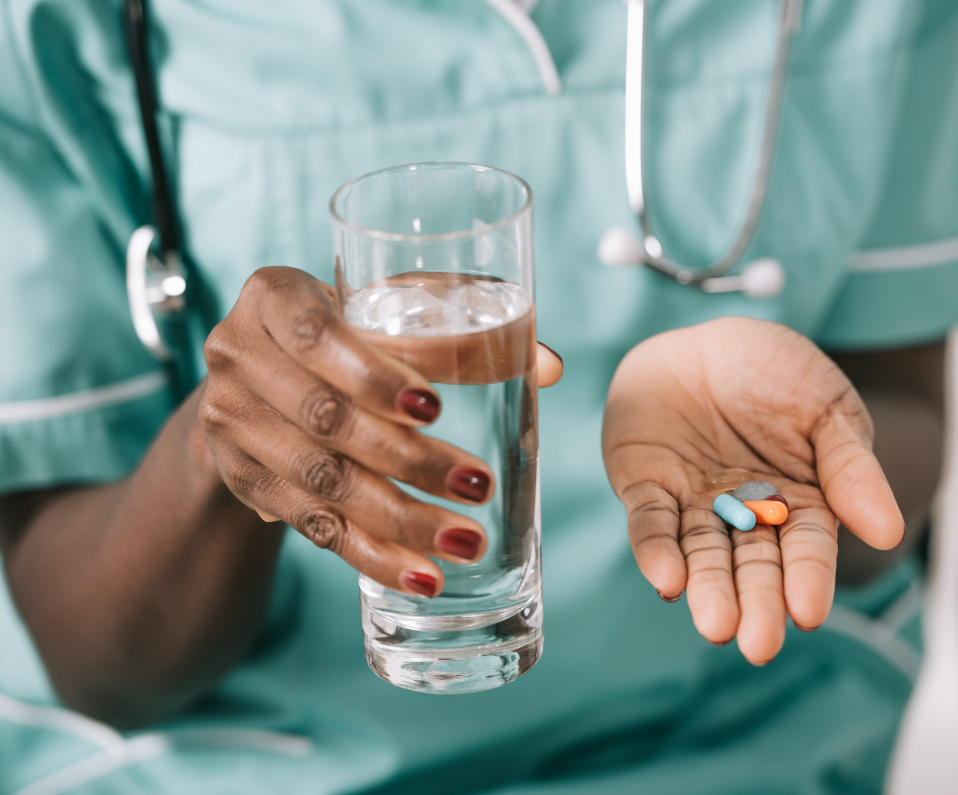Antibiotics change our GUT ecosystem and the
function of intestinal microbiotia.
Thank you for reading this post, don't forget to subscribe!
Antibiotics disrupt the gastrointestinal flora by reducing the diversity and abundance of microorganisms, this is known as dysbiosis which leads to gastrointestinal symptoms such as diarrhoea.1
Diarrhoea is a common side effect of antibiotic treatment, which can affect up to 40 % of people. Diarrhoea can occur from day one of treatment and can last up to two months after the end of treatment. All types of antibiotics can cause diarrhoea however aminopenicillins, cephalosporins and clindamycin have been known to be associated with greater risk of side effects.2
The consequences of antibiotic use are not fully reversed even after several months of stopping treatment. Eventually the gut microbiota imbalance caused by the antibiotic can weaken the immune system, increase the risk of intestine-related diseases such as inflammatory bowel disease and immunity related diseases such as allergies, skin conditions and type 1 diseases.1
In addition antibiotic associated diarrhoea is a major reason why patients do not complete their course of antibiotics.3


